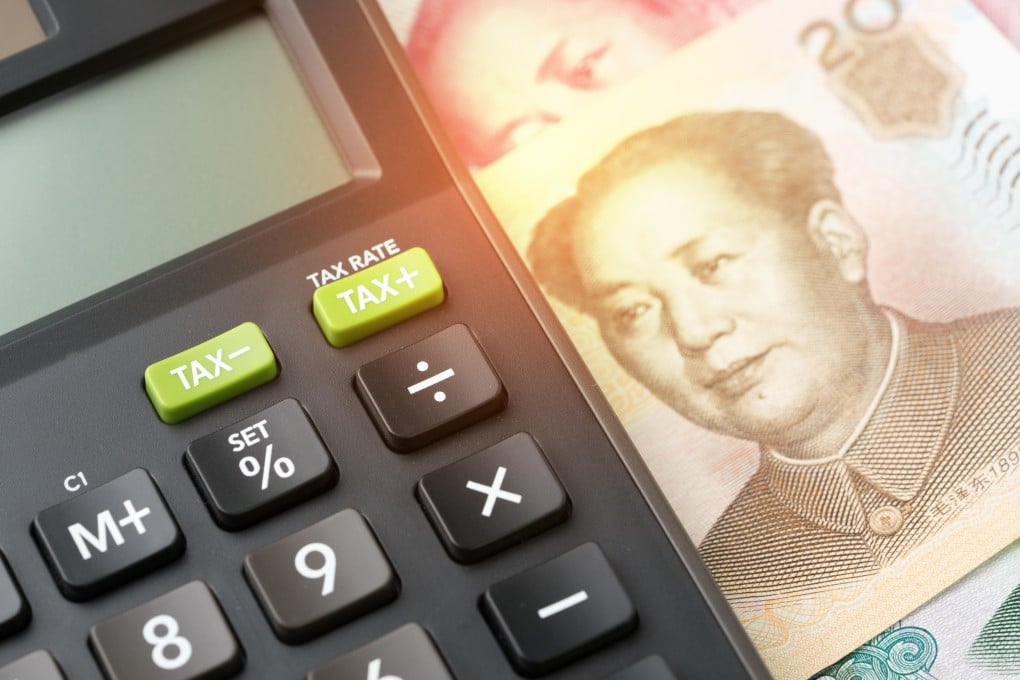Explainer | China’s expat tax system: who pays and how does it work?
- Recent plans by Beijing to reform tax exemptions on expatriate employee allowances have thrown the spotlight on China’s tax regime for foreigners
- Individuals who are domiciled in the mainland, or have been living in the country for a total of 183 days in a tax year, are considered tax residents

China’s expatriate community is growing thanks to the nation’s central position in the global economy.
The seventh national population census revealed the number of foreigners living in China for more than three months rose to 845,697 in 2020, from 593,832 10 years earlier. In the first half of 2021, the National Immigration Administration approved 380,000 resident permits for expatriates.
Here is what expat employees need to know about China’s individual income tax (IIT) regime:
Who needs to pay individual income tax in China?
Chinese law stipulates that individuals who are domiciled in the mainland, or live in the country for a total of 183 days in a tax year, will be categorised as tax residents. However, only after staying in the country for six straight years, without exiting for more than 30 days, will global income be taxed.